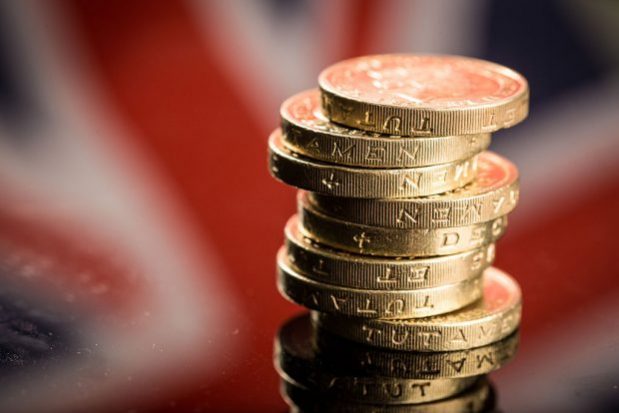Theresa May could bring back pensioner bonds for all ages to help long-suffering savers, it emerged last night.
According to the Daily Mail, former pensions minister Baroness Altmann suggested government-backed bonds with higher interest rates would be a boost to those who have endured rock-bottom returns for years.
It is understood other plans to help savers may include tax breaks, such as ripping up savings limits on ISAs. A source told the Mail that industry experts have been asked to present their ideas to the Treasury before the end of the month.
Buy-to-let
Landlords campaigning against the hacking back of mortgage tax relief were dealt a bitter blow yesterday.
The Administrative Court did not grant permission to proceed with a full judicial review hearing of the legislation in the case led by Cherie Blair QC of Omnia Strategy LLP, representing co-claimants Steve Bolton and Chris Cooper.
The Daily Mail reports that the pair of landlords represented by Blair have raised £180,000 to fight the changes through crowdfunding their campaign – dubbed ‘Axe the tenant tax’ – since it launched in January.
The tax relief change will curb the amount of mortgage interest landlords can offset against tax on their property investments and could mean buying and renting out property is no longer viable for some.
House prices
House prices in the three months to September were 5.8 per cent higher than in the same three months of 2015, according to the Halifax.
Martin Ellis, Halifax housing economist, said: ‘House prices in the three months to September were largely unchanged compared with the previous quarter. The annual rate of growth eased from 6.9 per cent in August to 5.8 per cent. ‘The housing market has followed a steady downward trend over the past six months with clear evidence of both a softening in activity levels and an easing in house price inflation.’Motor insurance
The rising cost of car insurance is showing no sign of stopping, especially in the run up to winter when motor premiums historically reach their annual peak. Motorists can expect to be paying over £700 on average by the end of the year, according to the latest findings from comparethemarket.com. The latest Premium Drivers Index, which analyses the difference between the ‘average’ and the ‘cheapest’ motor insurance premiums – known as the savings variable – has found that the quarterly cost difference between the cheapest and average premiums on the market has grown to £118 between June and August 2016 – the greatest gap since records began. The average premium between June and August 2016 cost £697, up from £679 in the previous quarter and from £605 year on year – an annual rise of £92.The cheapest policies averaged over the quarter and across age groups have also seen an increase, rising from £510 to £579 in the last twelve months.





Comments